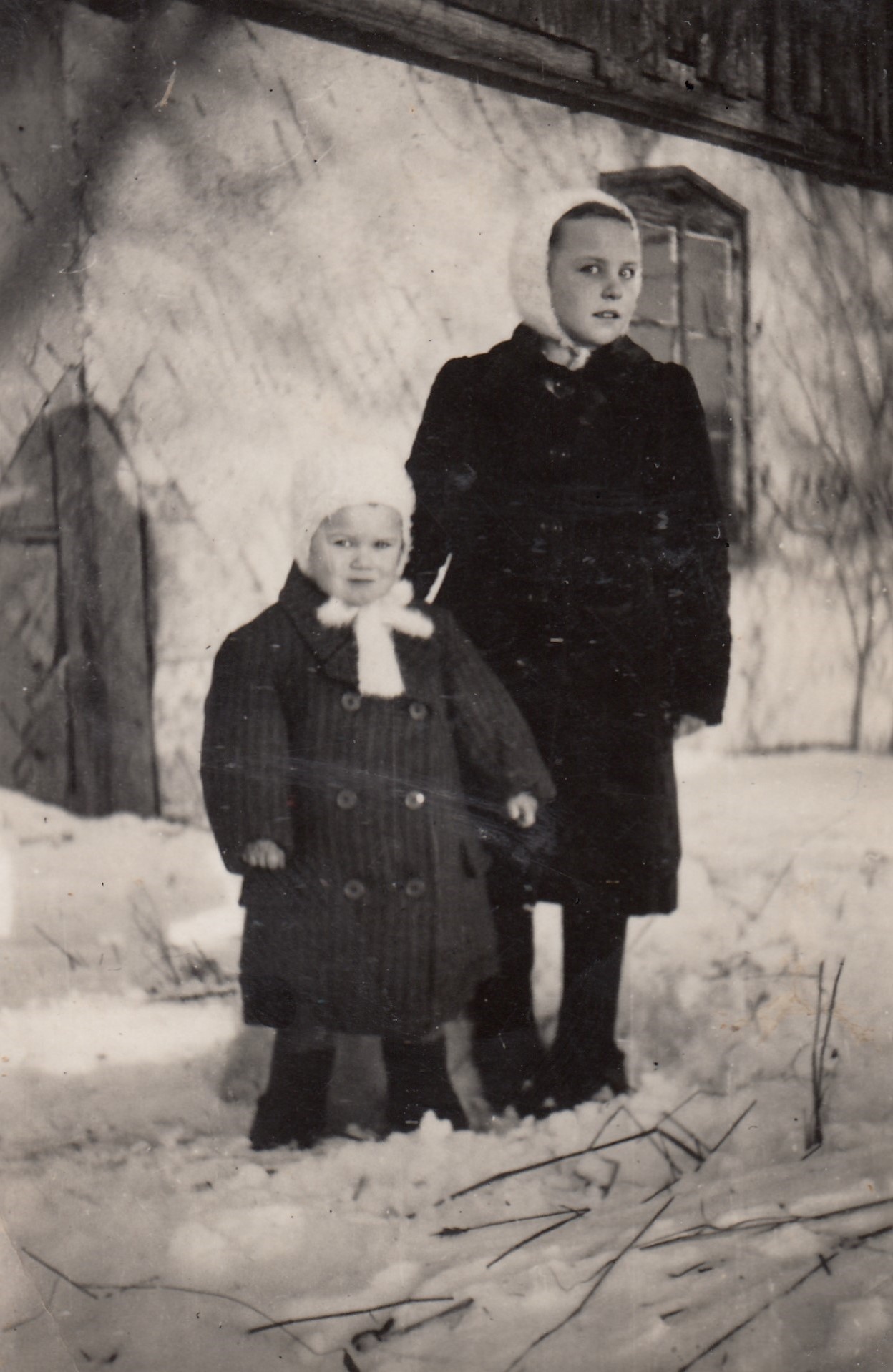We saw black smoke, it was Malín burning...

Stáhnout obrázek
Rajisa Kamlerová, née Glancová, was born on August 19, 1937 in the village of Staviště in Volhynia, which became Polish after the end of the Polish-Soviet War in 1920. Her mother, Marie Glancová, was one of the descendants of Czechs who came to Volhynia in the late nineteenth century in search of cheaper land and a better living. Her great-grandfather Vojtěch Glanc became the first mayor of Malín. Her father Vladimir Kucharčuk came from the village of Újezdce. Her parents did not marry. Grandfather didn‘t want to give his daughter to a Ukrainian. For about the first two years Rajisa lived with her mother in Staviště, then her father took them to his house in Ujezdce, where Rajisa and her younger brother Rostislav grew up. As a child she experienced the Soviet and German occupation, local war events in Volhynia. In 1940, the NKVD took her grandfather Boris Glanc away, and in a staged trial he was sentenced to eight years in a gulag in Siberia and never returned. Her father joined the resistance and was forced into hiding. They never knew what his further fate was, he was declared missing after the war. At the age of six, she watched from a nearby village the burning of Český Malín, burned by the Nazis, where her aunt and cousin died. In 1944, the uncles joined Svoboda‘s army, with which they came to Czechoslovakia. They stayed there, settling in Hrabišín. Rajisa, her mother, aunt, cousin and grandmother moved to her grandmother‘s house in Staviště after the enlistment of the male part of the family, from where they left for Czechoslovakia in 1947 as part of the repatriation agreement between the USSR and Czechoslovakia. They joined the family in Hrabišín. After finishing primary school, she joined Moravolen in Šumperk as a worker. In 1959 she married Jan Kamler, a medical student from Hrabišín. After their marriage they moved to Žulová, where her husband worked as a district doctor. In 1971 they moved to Šumperk. They brought up three children - Jan (1960), Roman (1963) and Ivana (1965). In 1970-1973 she studied at the secondary school of economics, most of her life she worked in the Pramet company in Šumperk in administrative positions, from where she retired in 1987. In 2024, at the time of recording, she was living in Šumperk.














